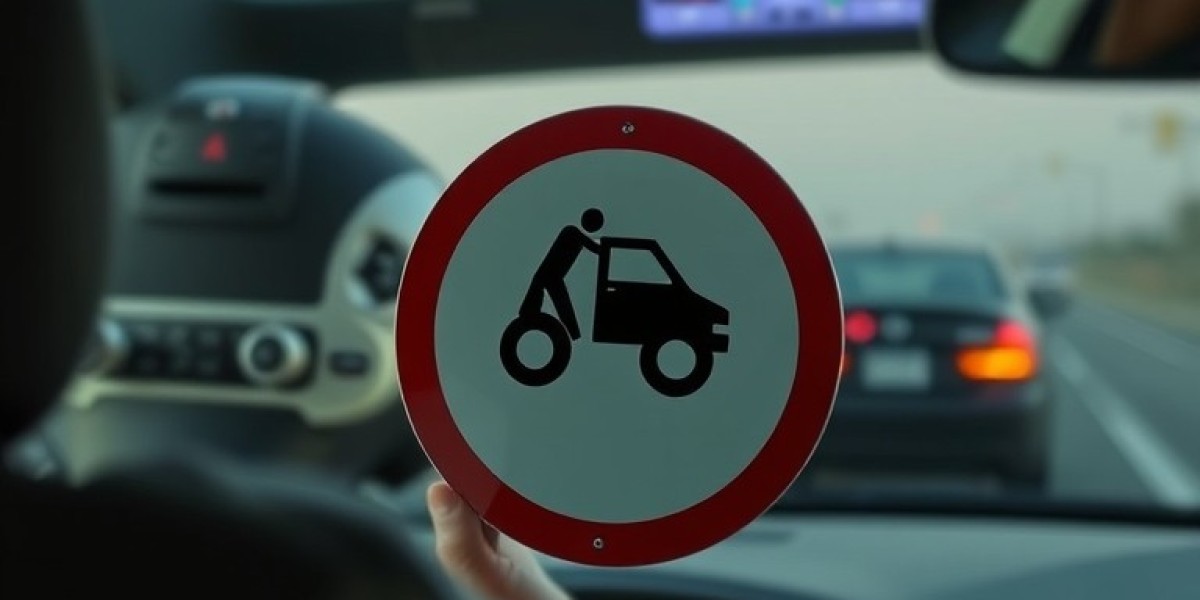Updated Regulations for Vehicle Safety and Responsibilities
Vehicle safety in the UAE is a fundamental concern, and the government has put in place stringent rules to ensure drivers, passengers, and other road users are protected. These regulations are designed to safeguard not just the people inside the car but also pedestrians, animals, and property along the roads. Over the years, the UAE has been updating its laws to create a culture of safe driving and responsible road behavior, aiming to reduce accidents and traffic casualties significantly.
The Ministerial Resolutions, such as the Federal Law No. 21/1995 and the amendments made in 2017, reflect the government's commitment to enhancing road safety. The law specifically targets reckless driving behaviors, ensuring that drivers uphold their responsibilities at all times. This includes adhering to vehicle safety standards, maintaining a valid license, and abiding by traffic laws, as well as the consequences of failing to comply. For instance, expired licenses, lending or borrowing plates, or driving with faulty equipment like unfit tires can lead to significant penalties, such as fines or even imprisonment. Additionally, in the event of a breakdown or emergency, relying on a trusted car breakdown service in Abu Dhabi, Dubai, and other cities can help minimize delays and ensure your vehicle is safely recovered.
In particular, the UAE has made it clear that reckless driving will not be tolerated. The law punishes behaviors like swerving, speeding, and ignoring traffic signals with heavy fines (up to 3,000 AED) and other penalties. These measures are in place to reduce traffic violations and encourage drivers to be more responsible when behind the wheel.
Protecting Passengers and Pedestrians
One of the cornerstones of the UAE's road safety laws is ensuring that both drivers and passengers remain safe, regardless of where they are sitting in the vehicle. Seat belts are mandatory for everyone in the car, including those seated in the rear seats. Failure to comply can result in fines up to 400 AED. Special attention is given to the safety of children. Drivers must ensure that children under a certain age (usually up to four years old) are seated in an appropriate child safety seat. Violating this rule can result in both a fine and black points on the driver’s record.
However, the protection extends beyond the vehicle. Pedestrians also play a crucial role in the UAE's traffic safety system. Drivers must yield the right of way to pedestrians in designated crossing areas, and failure to do so can result in penalties. Jaywalking is another issue that is addressed by traffic laws, as it can cause unexpected hazards for both pedestrians and drivers. The goal is to prevent accidents involving pedestrians and make the streets safer for everyone, whether you’re driving or walking. In case of an accident or breakdown, having access to professional roadside assistance in Abu Dhabi can help ensure quick support and keep you and others safe on the road.
From my personal experience, driving in the UAE can be challenging, especially in high-traffic areas where pedestrians often cross unexpectedly. It's crucial to stay alert and respect both the road rules and pedestrians to ensure safety for all.
Enforcement Against Reckless Behavior
The UAE takes a hard stance on reckless driving, and the penalties are structured to deter such behavior. Drivers who endanger the lives of others by ignoring traffic signals, cutting off other vehicles, or driving under the influence of drugs or alcohol face severe punishments. Reckless driving includes not only dangerous behaviors like speeding beyond 80 kmph but also blocking traffic, overtaking on the hard shoulder, or driving a noisy vehicle without regard for others.
In terms of penalties, the UAE enforces strict rules. If drivers are caught engaging in such activities, they could face fines, black points, impounding of their vehicles, or even imprisonment. The law also includes measures that penalize drivers for failing to maintain a safe distance from other vehicles, crowding around accident sites, or engaging in other disruptive behaviors.
The consequences for violations like driving with expired licenses or unfit vehicles include hefty fines and even the confiscation of the vehicle. Police are empowered to arrest those who break traffic laws severely, especially when it results in accidents causing harm or death.
Having seen these rules enforced firsthand, I can say that they have a real impact. Road users in the UAE are more mindful, and the number of reckless driving incidents has decreased significantly. But there is always room for improvement, which is why the authorities continue to update these regulations.
Procedures for Reporting Accidents and Legal Compliance
When an accident occurs, it’s essential for drivers to follow a set of procedures. The law dictates that the driver must report the incident to the nearest police station immediately. Failure to do so could lead to significant legal consequences, including fines and imprisonment. The driver must stay at the accident scene until police arrive, and cooperate fully with authorities. Providing accurate information is vital to avoid being charged with refusing to give information or attempting to flee the scene.
In the case of serious accidents, the driver may also face penalties for failing to take precautions or for committing offenses like driving under the influence, lending a vehicle with a suspended license, or operating a vehicle with no valid insurance or registration. Additionally, a driver’s license may be suspended if they fail to meet the standards set by the law or engage in illegal behaviors on the road.
Reflecting on my own experiences, I've always ensured that I remain calm and composed when dealing with accidents. Adhering to these legal procedures helps avoid further complications and ensures that justice is served.







